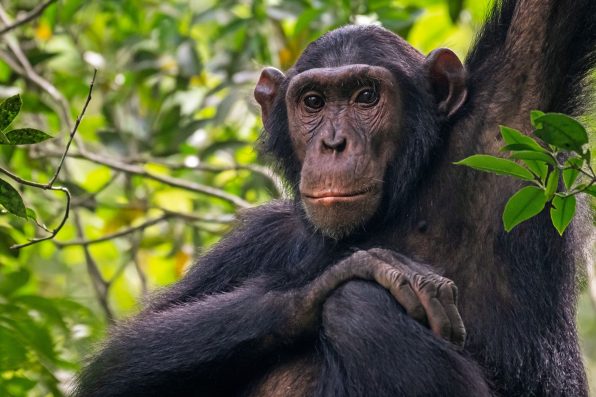In the small, rural town of Bainbridge, Georgia, residents are protesting a company’s plan to build a monkey farm. The facility will cover 200 acres and hold up to 30,000 monkeys at a time, making it one of the largest monkey breeding facilities in the country.
According to the U.S. Census Bureau, around 14,000 people live in Bainbridge, which means that the number of monkeys in the town will be double the human population.
The company behind the project, Safer Human Medicine, claims that the $396 million investment will bring 263 jobs to the Bainbridge area, including positions like veterinarians and animal behaviorists. The jobs are expected to have an average annual salary of $64,000.
Locals have been vocal about their criticism of the plan, citing concerns over environmental impacts, unsafe living conditions, and treatment of the animals. They fear that the monkeys may spread diseases, escape during a major storm, or that the waste from the facility will damage the environment, particularly the nearby Flint River.
The COO of Safer Human Medicine, Kurt Defler, addressed their worries, stating that the facility will be able to stand strong against extreme weather and keep the monkeys contained.
“Our buildings are engineered to withstand a direct Category 4 hurricane hit. Additionally, our buildings allow air to pass through, which further reduces the risk of the roof being taken off,” he said.
As for the environmental impact, Derfler stated that the city would not experience any contamination from monkey waste because it would all go straight to the municipal wastewater treatment plant.
Many Bainbridge neighbors were also concerned about the noise and smell from 30,000 monkeys. In response, Jim Harkness, the CEO of Safer Human Medicine, said it would take 20 years before that number of monkeys would be in town.
“We have nothing to hide. We’ve been very transparent about who we are and what we’re doing. We just want to share with people and help them alleviate their concerns and understand how we can benefit them and the community as a whole,” Harkness added.

Sign up for Chip Chick’s newsletter and get stories like this delivered to your inbox.


